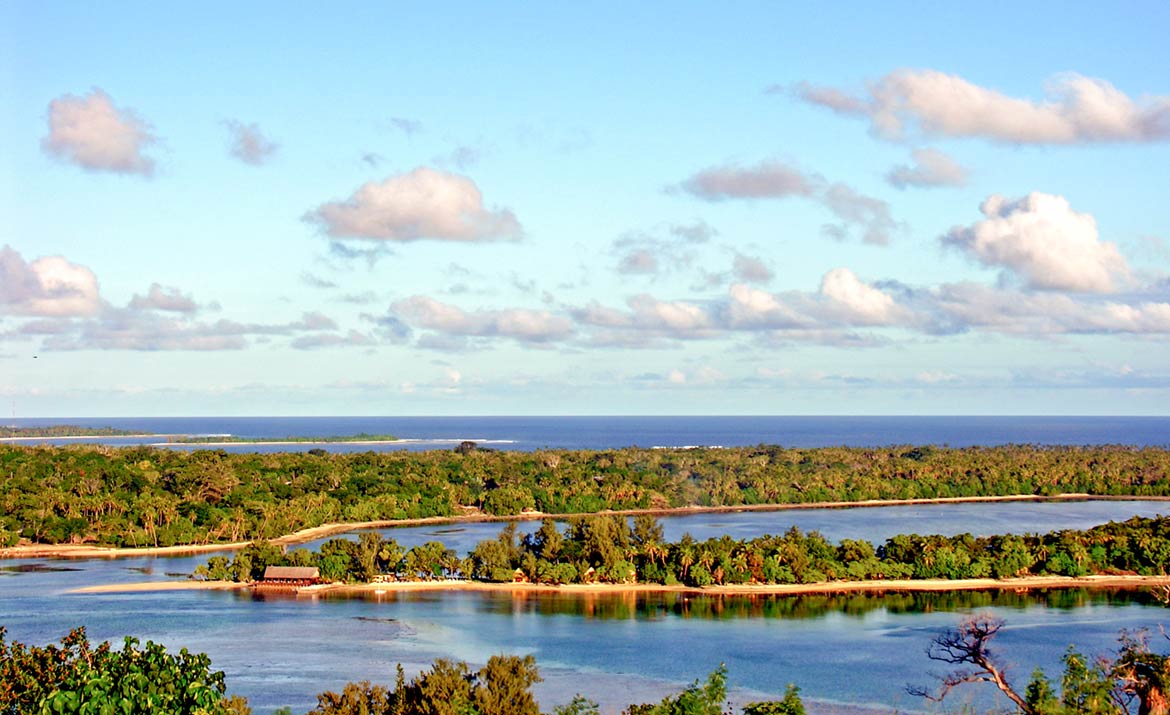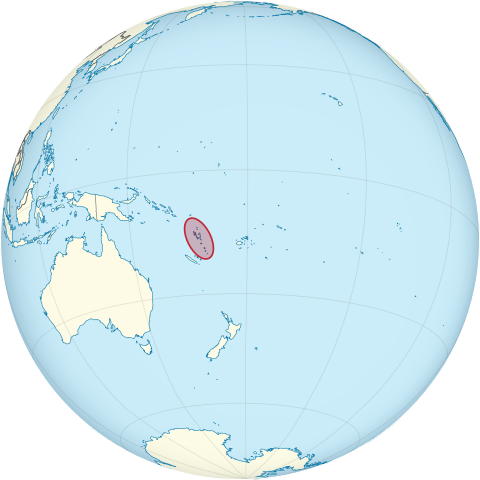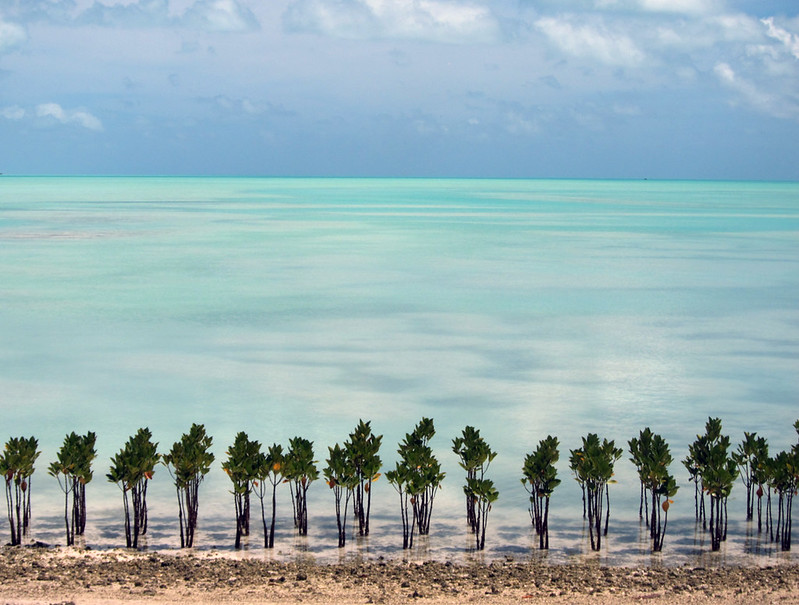 Everyone can agree that governments are morally obligated to protect their citizens. But what if countries were also held legally responsible for protecting present and future generations from the climate crisis?
Everyone can agree that governments are morally obligated to protect their citizens. But what if countries were also held legally responsible for protecting present and future generations from the climate crisis?
Recently, Vanuatu, a tiny Pacific island nation with a population of just 320,000, proposed a resolution on climate justice at the United Nations General Assembly Meeting.
The new resolution calls upon the International Court of Justice (ICJ) to issue an advisory opinion on nations that don't meet their climate obligations. The resolution passed with the support of a core group of 17 nations and 132 co-sponsoring nations.
Although not legally binding, this could propel the climate justice movement forward and serve as a huge victory for smaller nations.
What Led to the Resolution?
 Vanuatu’s initiative was inspired by a group of law students in the Pacific Island region.
Vanuatu’s initiative was inspired by a group of law students in the Pacific Island region.
These students recognized that developed nations like the U.S. and Europe, as well as developing nations like China and India, have committed to reducing greenhouse emissions. However, many of these countries are continuing to build new coal plants that are the source of the problem.
Meanwhile, Pacific island nations that have very low carbon footprints are most vulnerable. They are seeing an increasing frequency and magnitude of climate change-driven natural disasters. Vanuatu, in particular, has suffered from rising sea levels and cyclones that have shattered its villages, coral reefs, water supplies, and economically half of its annual GDP.
The students argued that Western nations should be held morally responsible and legally accountable in protecting the environment and limiting greenhouse gas emissions.
What is the Significance?
 Vanuatu's resolution asks the ICJ to recognize the threat of climate change on developing nations with unique geographical and developmental challenges such as itself.
Vanuatu's resolution asks the ICJ to recognize the threat of climate change on developing nations with unique geographical and developmental challenges such as itself.
The ICJ would interpret existing international agreements between countries in the specific context of climate change. The resolution requests the international court to not only consider climate agreements, such as the United Nations Framework Convention on Climate Change or the Paris Agreement, in its decision -- but also human rights laws, such as the Universal Declaration of Human Rights.
These interpretations could be used in climate lawsuits in courts around the world, which could urge countries to cut emissions more quickly. The resolution could play a vital role in the current climate justice movement. By citing key human rights agreements, the resolution reminds the world that a safe climate is necessary for our Earth's health as well as our well-being.
Sources: NY Times, BBC, Washinton Post, UNEP, vanuatuicj.com







